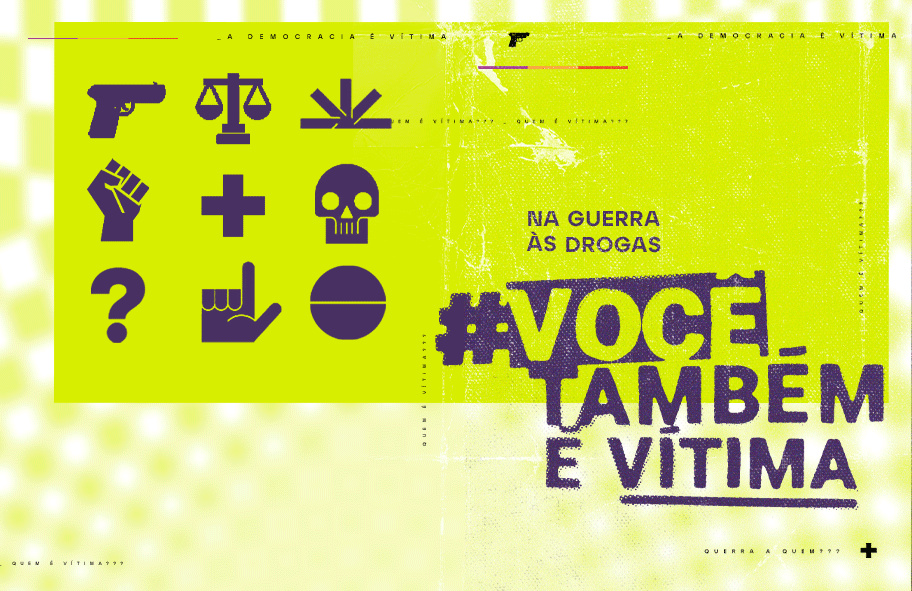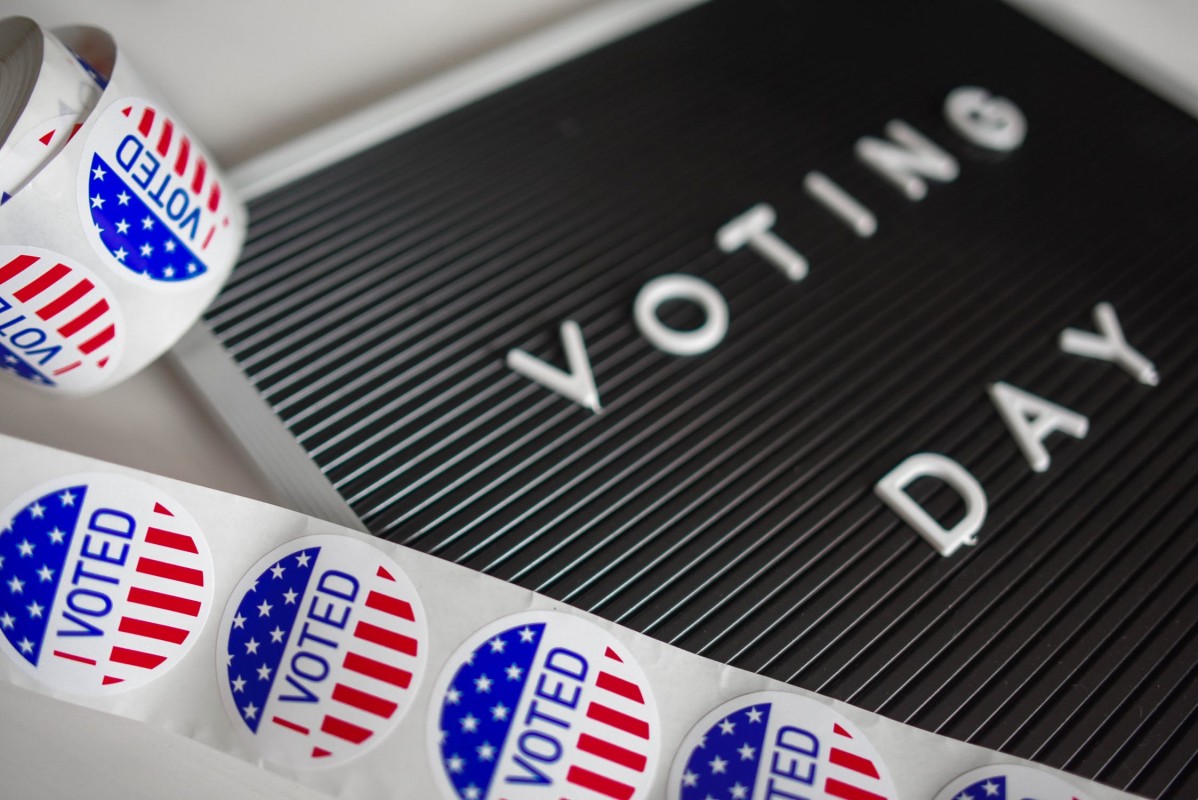While left-leaning presidential and gubernatorial hopefuls are either silent about or dodging the issue of drug policy in their campaigns and manifestos, there are two political forces gaining momentum in Brazil. The first one emerges from right-wing, military-minded candidates. It aims to normalise the police operations (a cornerstone of prohibitionism) that have claimed several thousands of lives in recent years. The objective, of course, is to provide more equipment and training for police forces, while praising lethal operations that are allegedly carried out to free society from the scourge of drug suppliers. Under the guise of so-called maintenance of public safety, the Civil Police of Sao Paulo has recently and illegally arrested a psychiatrist who develops harm reduction projects in the region known as Cracolandia.

Dandara Rudsan hands a copy of the Emergency Manifesto For The End of The War on Drugs to the former president and leading candidate Luiz Inacio Lula da Silva. Source: Twitter
For more than a decade Flavio Falcone has brought dignity and non-judgemental support to people who have problematic relations with substances and live in precarious conditions. This was not the first time that Falcone or other harm reductionists were targeted by the state. Projects that aim to fill up serious gaps left by the government—around food insecurity, health assistance, and housing— are pictured as a threat to public safety as if harm reduction was enabling drug use. It does not matter if you are a layperson or a priest trying to distribute lunch boxes to the hungry, the act of providing a meal opens you up to violent attacks by the numerous militarised forces deployed by the state. Sao Paulo state’s Public Defender’s Office filed a habeas corpus petition in the state’s Court of Justice so that Falcone is granted the right to keep running his harm reduction project in Cracolandia.
The second force emerging with strength during this electoral run emanates from civil society. The Brazilian Platform of Drug Policy, allied with the Black Initiative For Drug Policy, launched the campaign “You are also a victim in the war on drugs”, with an accompanying Emergency Manifesto For The End of The War on Drugs, inviting society at large to think about how we are all victimised by the violence associated with prohibitionism. The manifesto is organised in four axes: starting with the “Care” Axis, calling for governmental investment into harm reduction-oriented initiatives. Among the demands are the development of drug education programmes, investment in the public health system, the offer of continued professional development for health and social workers, and the provision of adequate spaces to develop harm reduction programmes.
Anthropologist Mauricio Fiore, a specialist in Brazilian drug policy, told TalkingDrugs that scrutiny of drug treatment services must also be a priority for the next president. “A key issue that must be approached by the next non-extreme right government is the massive growth in public funding for therapeutic communities. They are private organisations, not related to the public health system, and are usually associated with religious organisations. These therapeutic communities admit and isolate people who have problematic use of or are dependent on drugs. The definition of the nature and regulation of these organisations, which have become the central axis of the current government’s policy on drug treatment services, is urgent,” he said.
The manifesto’s second axis, “Justice and Security”, proposes amnesty for people incarcerated for the possession of small amounts of banned substances, investment in programmes of social reintegration, police accountability, and the participation of civil society in the oversight and monitoring of Justice and Security departments. The “Regulate to Repair” Axis brings demands related to the legalisation and regulation of currently banned substances. The agenda sets up clear demands to associate these processes with the empowerment of communities that have been historically targeted by the state and its War on Drugs, aiming to avoid the corporate capture of regulated substances. Finally, the “Participation and Social Control” Axis demands the reinsertion of civil society actors in the National Drug Policy Council, the inclusion of people who use drugs in the development of drug policy, and the strengthening of the National Office on Drug Policies to develop and monitor intersectional approaches to drug policy.
The manifesto was handed to the former and currently leading presidential candidate Luiz Inacio Lula da Silva by the lawyer and activist Dandara Rudsan. With well-structured and straightforward demands, based on the best practices and ideas related to harm reduction, human rights, and reparations, the document can provide good guidance for Lula, if he is elected, to amend the issues related to the drugs legislation he signed back in 2006. The challenges are many, but if he is willing to listen to society, especially those affected by drug policy failures, there will be an opportunity for transformation. The manifesto condenses the voices and needs of those that have experienced state violence due to drug-related offences, having the potential to influence policy and legislation to avoid the reproduction of inequalities associated with the current drug policy. We have a unique opportunity to use our social capital and our right to vote to make sure that these demands are met.


